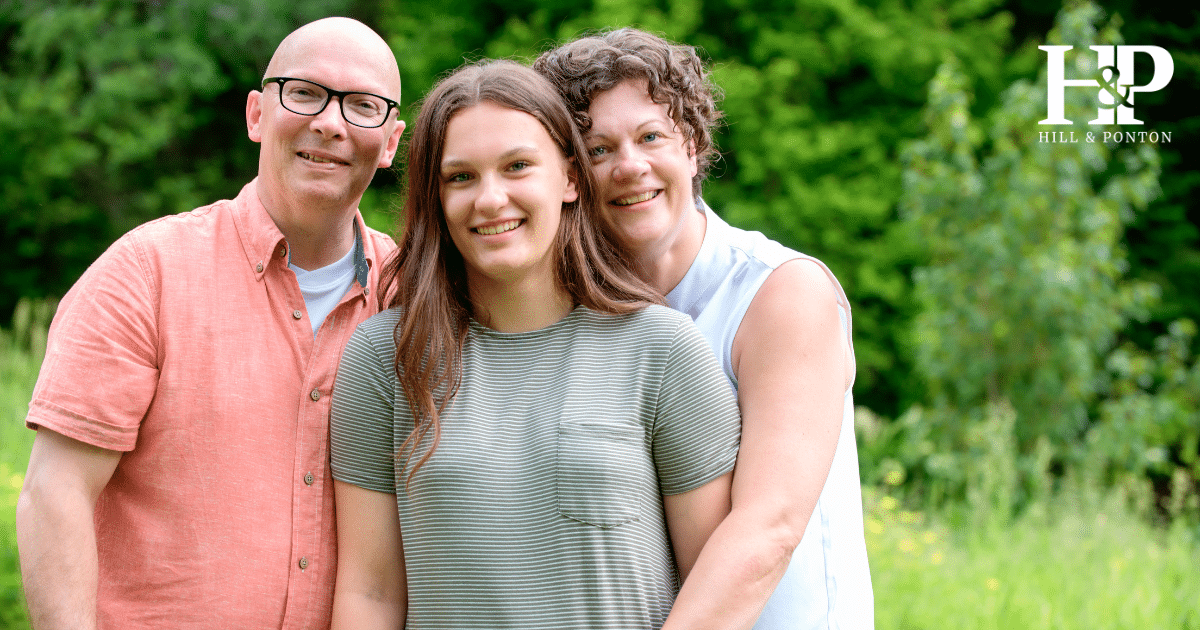There are numerous benefits available to disabled veterans, but what about the families of these disabled veterans? Most of the time, the veteran is the sole income for the household and needs extra income to provide for his family. These veterans and their families are struggling to make ends meet and need to know if they even qualify for such benefits. For the families that are dealing with the loss of a veteran, it can be an extremely difficult especially if the survivor was solely dependent on the veteran’s income. Whether the veteran is living or deceased; this blog will cover the basic requirements for veteran’s benefits for spouses and children.
Dependent Benefits:
Veterans who are currently receiving VA disability benefits may be able to receive additional VA disability benefits for their dependent family members. These are called dependent benefits. These benefits are paid to the veteran in a small amount to help cover the costs of the dependent family member(s). The most important rule to keep in mind when it comes to dependent benefits, is that that veteran must be service connected at a combined 30 percent disability rate or higher to qualify. Usually, the Regional Office will let the veteran know once they have become eligible to be compensated for dependent benefits.
Accrued Benefits:
Accrued benefits are benefits that are due to the survivor based on an existing decision on a claim for benefits in the veteran’s claims file at the date of death, but paid to the veteran prior to his passing. Here are some examples:
- A claim or a claim on appeal that was pending at the time of the veteran’s death and all of the evidence needed for a favorable decision was in the VA’s possession on the veteran’s date of death.
- A claim that was denied, but the veteran passed before he had the chance to appeal the decision.
- At the time of the veteran’s passing, the granted compensation was not paid.
Usually, the VA will pay the accrued benefits to the first surviving spouse in full or to the veteran’s surviving children in equal shares.
Dependency and Indemnity Compensation (DIC)
The VA defines DIC as a tax-free monetary benefit paid to eligible surviving of military service members who died in the line of duty or eligible survivor of veterans whose death resulted from a service-related injury or disease.
When it comes to the spouse of a deceased veteran, the claimant must meet the following requirements:
- The claimant must be validly married to the veteran for at least one year prior to the veteran’s death, or
- Had children with the veteran, or
- Was married to the veteran who was discharged from the service due to a service-connected disability with the marriage being within 15 years of the date od the veteran’s discharge or
- Have cohabited with the veteran for the duration of the marriage unless there was a period of separation (the separation must not be the fault of the claimant, and
- Has not been remarried
Surviving Children:
To qualify for VA benefits as a child of a veteran, the claimant must meet the following requirements:
- The claimant must be under the age of 18 – the exception is as follows:
- If the claimant is over the age of 18, they must be totally incapable of self-support due to a disability that was incurred before the age of 18, or
- The claimant us over the age of 18 but is under the age of 23 and is enrolled in school.
- The claimant must be unmarried.
If the surviving child is adopted, they may be eligible for as long as all of the other requirements have been met.
It is important to keep in mind that DIC benefits and accrued benefits are not the only benefits that a surviving spouse may be eligible for. There are death pensions, health care benefits, funeral expenses, home loans or other types of loans.



